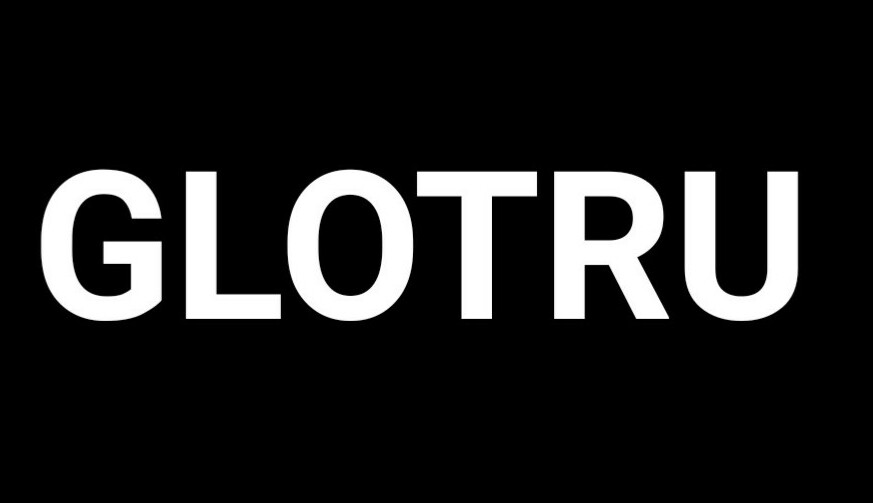MEAN is an acronym that stands for a particular set of technologies used in web development. It is a popular stack for building dynamic and interactive web applications. The components of the MEAN stack are:
- MongoDB: A NoSQL database that stores data in JSON-like documents. It is a popular choice for web applications because it allows for flexibility and scalability.
- Express.js: A web application framework for Node.js. It provides a set of tools and features to simplify the process of building web applications and APIs.
- Angular (formerly AngularJS): A front-end JavaScript framework developed by Google. It allows developers to build dynamic and responsive web applications with a Model-View-Controller (MVC) architecture.
- Node.js: A JavaScript runtime that allows developers to execute server-side JavaScript. It provides a scalable and event-driven environment for building server-side applications.
When combined, these technologies provide a full-stack solution for building modern web applications. MongoDB is used as the database to store and retrieve data, Express.js provides the server-side logic and routing, Angular handles the front-end user interface and interactions, and Node.js runs the server-side environment to handle requests and responses. The MEAN stack allows for a seamless flow of data between the client and server, making it a powerful choice for developing real-time web applications.

